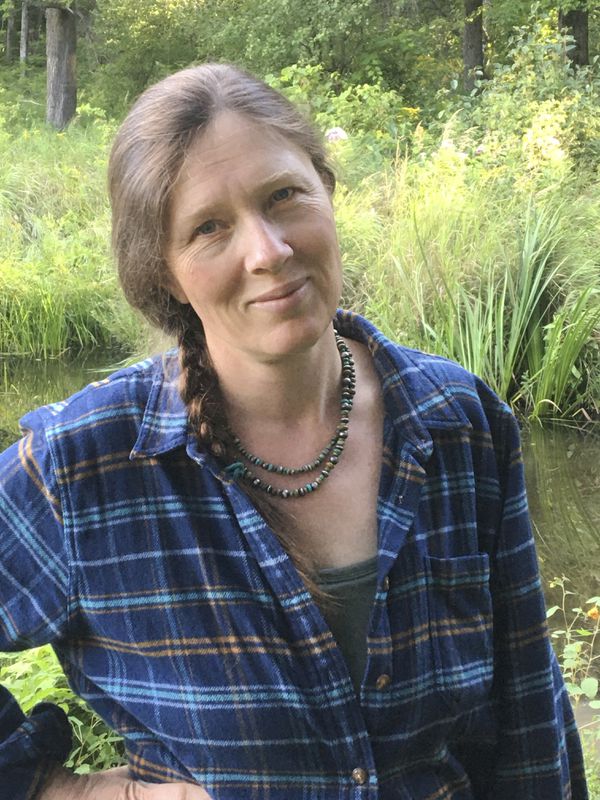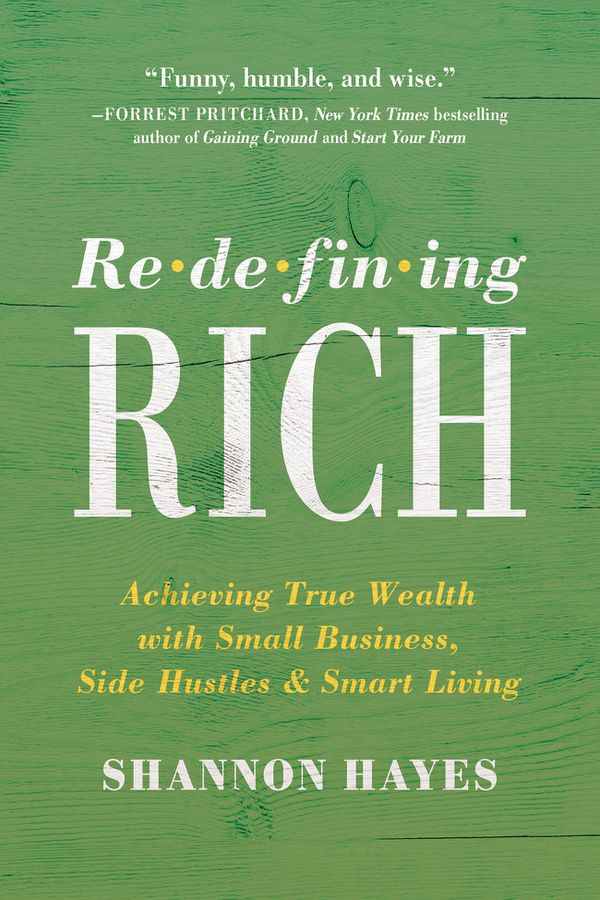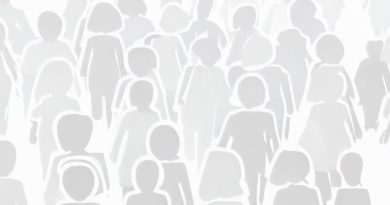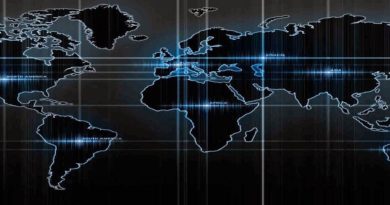A decade after Radical Homemakers, Shannon Hayes returns with a timely look at escaping the rat race

Shannon Hayes found fame just over a decade ago with Radical Homemakers: Reclaiming Domesticity from a Consumer Culture.
American writer Shannon Hayes found fame just more than a decade ago with Radical Homemakers: Reclaiming Domesticity from a Consumer Culture. The book chronicled a movement of women (and some men) burned out from juggling the rat race with family, who gave corporate striving the middle finger and carved out a simpler life, adopting frugality by relearning old skills such as cooking from scratch, vegetable gardening and sewing – and inspiring scores of people in the process. The moment is ripe now for another hit book from Hayes, with a recent survey finding that 48 per cent of Americans are rethinking the work they do.
The essayist and cookbook author spoke to The Globe from her home on Sap Bush Hollow Farm in rural New York about her new book, Redefining Rich: Achieving True Wealth with Small Business, Side Hustles & Smart Living.
Many are calling the pandemic ‘The Great Reset,’ in part because workers are rethinking their work in great numbers. What’s your sense of what’s going on in North America?
I agree fully that there is a great reset going on, and I have hoped for it most of my working life. I am horrified for the losses that we’ve had to endure. But I am committed to playing my part to make sure that those losses contribute to a great turning – that we start to be reasonable about what to expect from people, in terms of employment, and that individuals start to figure out how to build lives looking for true happiness and not chasing the carrot that’s dangled in front of them. I think if they can do that, then we are going to move into a sustainable society.
Take me back to the day you decided to opt out. You had just earned a PhD from Cornell. What made you walk away from academia to run a struggling family farm?
I overheard a conversation on the other side of my desk between two female grad students who were having a gossipy conversation about a faculty member who was not making the cut and saying nasty things about her. Now this faculty member, she was recently divorced. She had two children under the age of four. I sat there listening, and I pulled out a piece of paper and made a list of all the things I had been hoping for as a grad student. I was hoping to get a job as a college professor; I was hoping to get tenure. I was already engaged, so I was hoping to succeed in that marriage and have children. I then made a list of all the female professors I had had in a 10-year career in higher education and realized that not one of them was able to check all those boxes. It was the writing on the wall.
Redefining Rich is about how to build a life outside the mainstream economy. You write, “after 20 years of marriage, I can count the years we’ve netted more than 20 grand on my left hand.” Walk me through your definition of wealth.
As I grew into my family’s business more, and I became the CEO, I kept thinking it was a burden, asking, “When do I take the pay?” I realized the pay is going swimming; the pay is hanging out in the woods; the pay is taking off and having a picnic and drinking cocktails in the forest. This is my pay – this is my wealth. And so is the good food on my plate and the happy family life. That realization shifted the economics of everything we do. I became so much happier in our business. And our business grew – that’s the crazy thing.
You write about sustainable economic renewal – what’s an example of that?
There was a period of time where my parents went through five major surgeries in two years. We were trying to figure out how to get more hired labour on the farm. The classic farm way to get more income is to expand your land base and grow more product and market that. I was getting a headache just trying to think about it. The other issue was that out-of-town money easily buys up our farmland. In our town, there was this building that had been on and off the market for the better part of a decade. It was the site of our former firehouse and our local post office. It was an eyesore, but solid. For a fraction of the price of farmland, we could acquire that building. So, we decided to invest more deeply into the community. We converted that firehouse into a café that we run only one day a week – because quality of life is what it’s all about. We took one of the empty apartments upstairs and converted it to an AirBnb, which has brought a lot of people to the community to go to the other little businesses. And, of course, we use that café to sell our meats and to do farm-to-table cooking.
How would this approach work if someone didn’t have land or capital, and lived in a city?
The heartbeat of the book is the chapter on income. I talk about four different income streams, and say you need to have three of those four for your household. It starts with identifying your quality of life. Then you look at those four income streams – one of which is conventional employment, assuming it is meaningful and they are kind to you. The second one is self-employment, which actually makes conventional employment more affordable; I explain that in the book. The third one, which is a big part of my income, is non-monetary income. These are things that you don’t have to pay someone to do, that you can do yourself, whether it’s home cooking or mending. And the fourth one is passive income. No matter where someone lives, these things are available.

Redefining Rich, by Shannon Hayes.
Your priorities are ecological sustainability, social justice, family and community – and you stress in the book that you want to be motivated by love rather than fear. The pandemic has been the ultimate test of that philosophy. Did it stand up under pressure?
One hundred per cent. My life got shaken up, and as a business owner, I just got used to the roll of the dice every week. We were disrupted constantly. What I noticed was that my husband and I still went out for coffee in the woods every single morning. My kids worked with me in the business. I was in a pod with my parents; we had Sunday dinner with them every week. There were weeks when I thought it was all tanking and we would face financial ruin, and then there were weeks when the fact that Sap Bush Hollow Farm had meat and toilet paper was very valuable.
This interview has been edited and condensed.
Expand your mind and build your reading list with the Books newsletter. Sign up today.
*** This article has been archived for your research. The original version from The Globe and Mail can be found here ***


